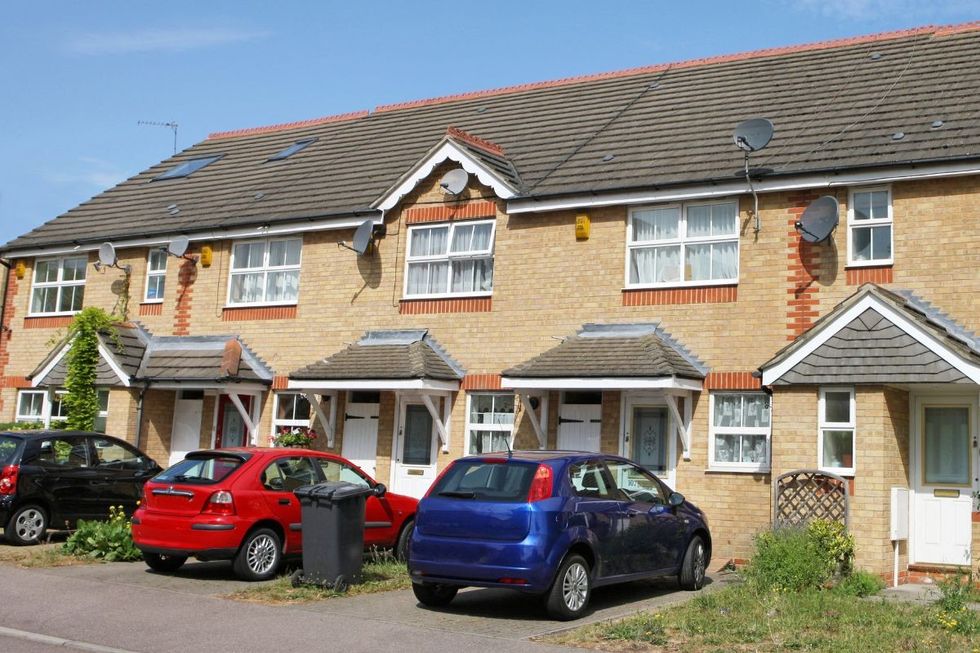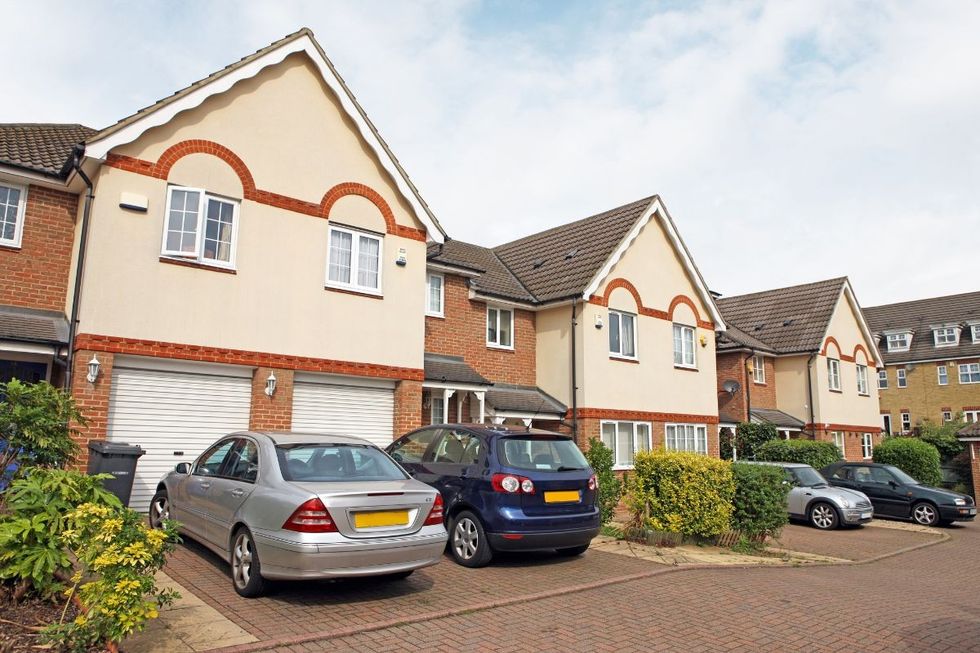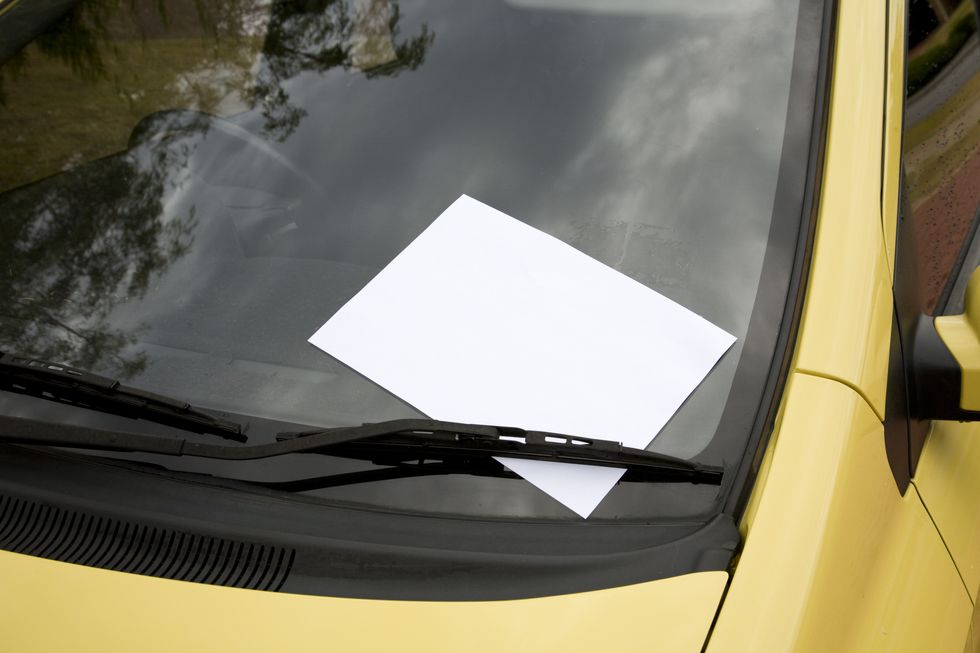Britons risk £100 fines for parking on driveways as cars pose 'major disruptions'

'The law is often on the side of the homeowners and there are simple steps you can take to avoid it ruining your day'
Don't Miss
Most Read
Experts are urging drivers to follow simple steps to ensure vehicles do not block access to their driveways, which has become a serious problem in recent years.
Finding a commercial vehicle blocking your driveway can be deeply frustrating, particularly when you need to leave for work or take children to school.
While tradespeople need convenient parking to carry out their work, blocked driveways can cause significant disruption to residents' routines.
Fortunately, homeowners have substantial legal protection under the Traffic Management Act 2004, as local councils possess the authority to issue penalty charge notices to vehicles blocking driveways with dropped kerbs, even without yellow lines or warning signs present.
Do you have a story you'd like to share? Get in touch by emailing motoring@gbnews.uk

Drivers can be slapped with fines if they obstruct someone's driveway
|GETTY
These fines can reach £100, depending on the local authority, since the law recognises that blocking driveway access constitutes a violation regardless of whether the drive contains a vehicle.
Graham Conway, Managing Director at Select Car Leasing, offered key insight for drivers into this widespread problem.
He said: "Ever stepped outside only to find a van blocking your driveway? Frustrating doesn't even begin to cover it, especially when you're trying to get to work, do the school run, or take a vulnerable family member to an appointment.
"What seems like a quick parking job to a tradesperson can turn into a major disruption to your day."

Motorists could find themselves blocked in by vehicles parking across driveways
|GETTY
The expert highlighted how, oftentimes, motorists may not realise they are causing a problem, especially when driveways aren't clearly marked.
Despite the frustration these situations cause, Conway reassures homeowners that legal protections exist.
He said: "The law is often on the side of the homeowners and there are simple steps you can take to avoid it ruining your day."
The Traffic Management Act 2004 provides councils with specific powers to address driveway blocking.
LATEST DEVELOPMENTS:
When a property has a dropped kerb, councils can issue immediate penalty charge notices without requiring yellow lines or signage, worth up to £100.
Properties without dropped kerbs still receive protection, as blocking driveways may constitute highway obstruction under the Highway Code, allowing councils to take enforcement action.
The law treats driveway blocking as a civil matter rather than a criminal offence, meaning police typically cannot intervene.
However, exceptions exist when vehicles obstruct the public highway itself, in which cases police may arrange for the vehicle's removal.

Drivers are advised to avoid leaving notes on cars, as this could escalate the situation
| GETTYImportantly, the violation occurs whether or not a vehicle occupies the driveway at the time. Blocking access remains illegal regardless of the driveway's current use, ensuring homeowners maintain constant access to their property.
Direct communication often resolves parking disputes most effectively. Approaching the driver calmly and politely can prevent escalation, as workers rushing between jobs may not realise they're causing problems.
Photographing blocked driveways with timestamps and recording licence plate numbers creates evidence for potential council complaints or business correspondence.
Conway warns against retaliatory actions, adding that blocking commercial vehicles could escalate tensions and create legal complications if it prevents the vehicle from leaving.











